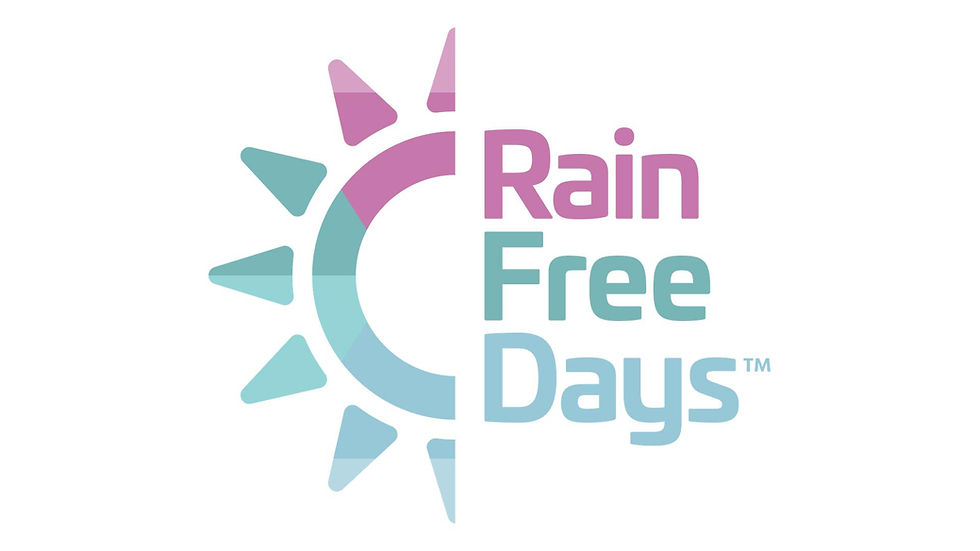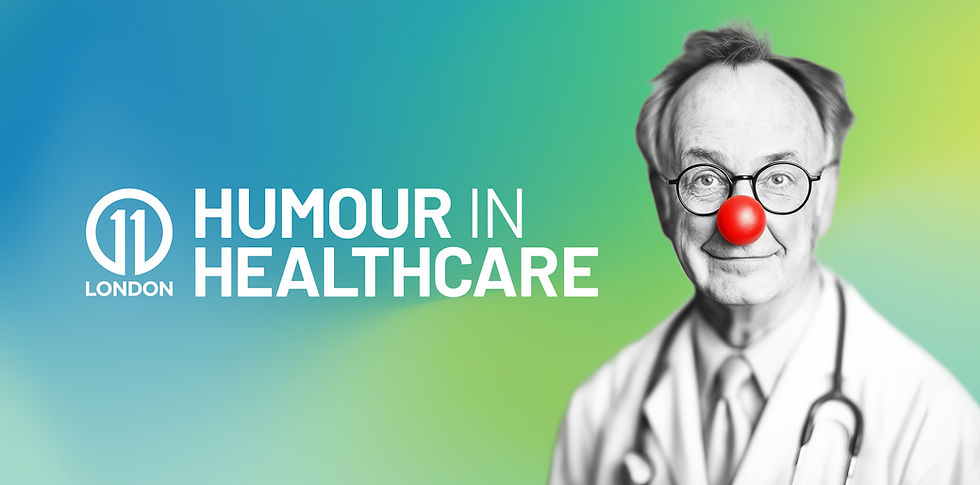Fantastic Plastic Free July: Make this the month you develop a sustainable habit of sustainability
- matthewhunt123
- Feb 14, 2022
- 3 min read
They say it takes 21 days to create a habit. Maybe that’s why there are so many month-long challenges which aim to kickstart behavioural change – from Veganuary to Sober October. And now it’s the turn of Plastic Free July.
Launched by The Plastic Free Foundation, an Australian anti-pollution charity, the campaign invites us to go plastic-free for the whole of July.
The timing is no accident: tourists don’t tend to worry about sustainability, and the world’s beaches are highly polluted. But the goal is, by definition, much longer term. If you’re able to stick to a month of going plastic-free, you are more likely to continue your sustainable behaviour all year round.
Going plastic-free doesn’t just mean avoiding plastic bottles: it applies to many daily actions, where a small tweak has a big impact. For example:
- Bring your own grocery bag
- Buy your vegetables loose, rather than plastic-wrapped
- Swap plastic cling film for natural beeswax coated cloth wraps
- Swap disposable sanitary items for reusable ones
- Bring your own mug for your takeaway coffee.
And why not go a step further and try new things like a solid shampoo, or even making your own nut milk? (Yes, homemade oat milk!)
If you can’t avoid plastic, at least go for a better plastic option.
It’s not always possible to avoid plastic; many essential grocery products are wrapped in it. So look for the most ethical version. In many UK supermarkets you’ll see plastic packaging labelled “Prevented Ocean Plastic”. The company behind this initiative recycles plastic collected from coastal areas at risk of ocean plastic pollution - making plastic consumption a circular consumption rather than a single-use one.
You may wonder: why perpetuate plastic use at all? But as we can’t destroy plastic without damaging the environment, and our global consumption demands its continued use, we need to make it as harmless as possible. In other words, why create more plastic when there’s already enough?
Sharing the good
In an ideal world, we’d want everyone to be more sensitive to the impact of their daily choices on the environment. But it’s not always easy to convince people to change their behaviour.
However, influencer marketing is starting to have an impact. Influencers have an engaged community and are highly trusted. The Spanish charity, Fundación Ecomar, which works to protect marine life and coast, sent four influencers on a day of costal cleaning.
The group of influencers - two micro (less than 20K followers) and two mid-tier (>90K followers) - spent a whole day collecting litter. All day, they shared content on social media, informing their community about different ways to recycle, prevent plastic pollution and behave in a ‘clean’ way at the seaside and at home.
The response was positive. By the end of the day, they’d achieved a reach of over 310K on Instagram – but most importantly, they motivated their followers to get involved: visits to Ecomar’s website shot from an average of 200 a week to over 1,500 in just one day. (And they helped collect 160kg of litter too!)
But there’s a lot of plastic still out there. If you’re willing to be the change, will you take the Plastic Free July challenge?
About 11 London
11 London is an advertising and communications agency, based in West London. We work in the areas of health and humanity - with organisations, brands or products that improve or prolong life. To learn more about 11 London, please contact:




